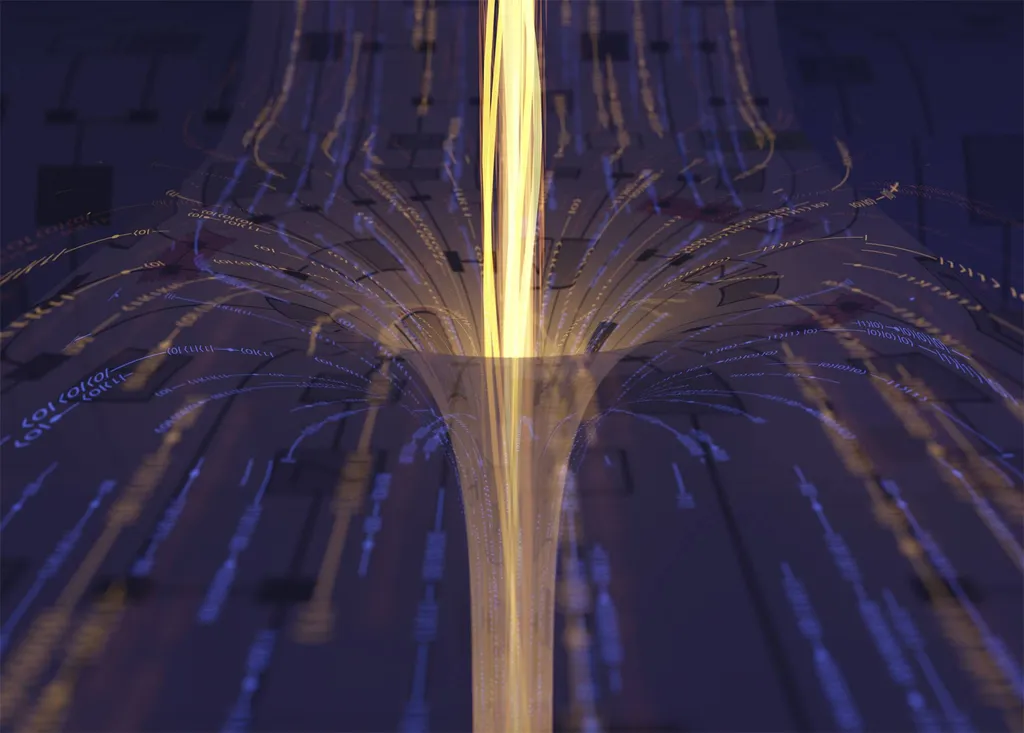Researchers Takamasa Kanai, Kengo Maeda, and Daisuke Yoshida from the University of Tokyo have published a study that explores the theoretical possibilities of creating traversable wormholes, which are hypothetical tunnels through spacetime. Their work, titled “Wormholes as perturbations of near-horizon black hole geometries: no-go theorems within effective field theories,” was published in the journal Physical Review D.
The researchers focused on the idea of constructing wormholes as perturbations around the geometries of specific types of black holes. They considered near-extremal Reissner-Nordström black holes in four dimensions and equal-angular-momenta Myers-Perry black holes in five dimensions. These black holes are theoretical constructs that help scientists understand the behavior of spacetime under extreme conditions.
The team found that when using negative Casimir energy as a source, their framework aligns with previous work by Maldacena, Milekhin, and Popov on magnetically charged wormholes. However, they discovered that creating such wormholes perturbatively within an effective field theory approach is not feasible. Effective field theories are used to describe the behavior of particles and fields at lower energies, ignoring the details of higher-energy processes.
The key insight from their research is that the enhanced symmetries in the near-horizon region of these black holes impose severe constraints on the effective energy-momentum tensor near the wormhole’s throat. These constraints prevent the formation of a traversable throat structure, which is essential for a wormhole to be usable for travel or communication.
The researchers concluded that traversable wormholes cannot be created perturbatively from Reissner-Nordström or Myers-Perry black holes using effective field theories. To realize such wormholes, new ingredients like Casimir energy or black holes with reduced symmetry would be necessary. This work establishes “no-go” theorems, which are statements that certain outcomes are impossible under given conditions.
While this research is purely theoretical and does not have immediate practical applications for the energy sector, it contributes to our understanding of fundamental physics. Insights into the behavior of black holes and spacetime could potentially inform future technologies, such as advanced energy generation or propulsion systems. However, these applications remain speculative and far in the future.
Source: Physical Review D
This article is based on research available at arXiv.

